Reader Submissions: Sharing Your Culinary Stories and Experiences
Food has an incredible power to connect us. It transcends borders, cultures, and generations, weaving a tapestry of shared experiences that enrich our lives. Imagine sitting around a dinner table, laughter filling the air as stories unfold about cherished recipes passed down through families or the unforgettable meal enjoyed during a special trip. These culinary tales not only celebrate the art of cooking but also highlight the emotions and memories tied to food. This article invites readers to share their own food stories and experiences, emphasizing the importance of storytelling in our culinary journeys.
The Magic of Food Stories
Food stories are more than just accounts of meals; they encapsulate moments in time, emotions, and cultural heritage. They remind us of who we are and where we come from. Consider the story of a grandmother’s secret recipe for apple pie, lovingly prepared every Thanksgiving. The process of making that pie becomes a ritual, filled with laughter, nostalgia, and the comforting aroma of cinnamon and baked apples. Each bite carries with it a memory—a connection to family traditions and shared moments.
Why Share Your Food Story?
- Preserving Heritage
Sharing food stories helps preserve cultural traditions and recipes that might otherwise be lost. Every family has unique culinary practices that reflect their history and identity. By documenting these stories, we contribute to a larger narrative that honors our diverse backgrounds. - Building Community
Food has a unique ability to bring people together. Sharing your culinary experiences fosters connections with others who may have similar stories or who are eager to learn about different cultures. It creates a sense of belonging within a community united by a love for food. - Inspiring Others
Your food story might inspire someone else to try a new recipe, explore a different cuisine, or even start their own culinary journey. Sharing experiences can motivate others to step into the kitchen with confidence and creativity. - Celebrating Creativity
Cooking is an art form that allows for personal expression. By sharing your culinary adventures—whether successful or not—you celebrate the creative process and encourage others to embrace their own experiments in the kitchen.
How to Share Your Food Story
- Reflect on Your Experiences
Start by thinking about significant moments tied to food in your life. Consider family traditions, memorable meals from travels, or even cooking failures that taught you valuable lessons. - Write It Down
Write your story in a way that captures its essence. Use descriptive language to evoke the sights, sounds, and smells associated with your culinary experiences. Don’t hesitate to include emotions—what did you feel during that moment? - Include Recipes
If applicable, share any recipes associated with your story. This not only provides context but also allows others to recreate those cherished dishes in their own kitchens. - Engage with Others
When sharing your story, invite others to respond with their own experiences or thoughts related to your narrative. This interaction can spark meaningful conversations and connections. - Use Social Media
Platforms like Instagram or Facebook provide excellent opportunities to share your food stories visually. Post photos of your dishes alongside your narratives, using hashtags to reach a broader audience interested in culinary storytelling.
Examples of Food Stories
- A Journey Through Spice: A reader might recount their travels through India, describing how they learned to cook authentic curry from a local chef in a bustling market.
- The Family Recipe Book: Another could share how they inherited their grandmother’s handwritten recipe book filled with beloved dishes that tell tales of family gatherings.
- Cooking as Therapy: Someone might write about how cooking became a form of therapy during challenging times, providing solace through the rhythmic chopping of vegetables and the comforting aromas filling their home.
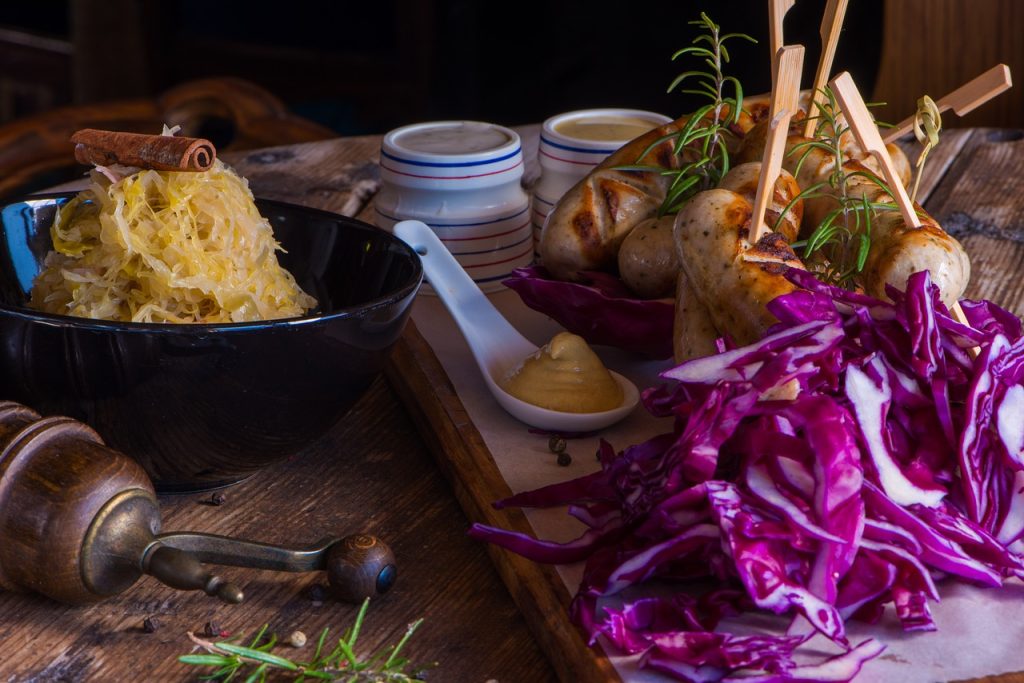
Conclusion:
Food is an integral part of our lives, rich with stories waiting to be told. By sharing our culinary experiences—whether they are triumphs or trials—we contribute to a collective narrative that celebrates diversity, creativity, and connection through food. We encourage readers to take this opportunity to reflect on their own food stories and share them with us. Let’s create a vibrant tapestry of culinary experiences that inspire and unite us all through the universal language of food!
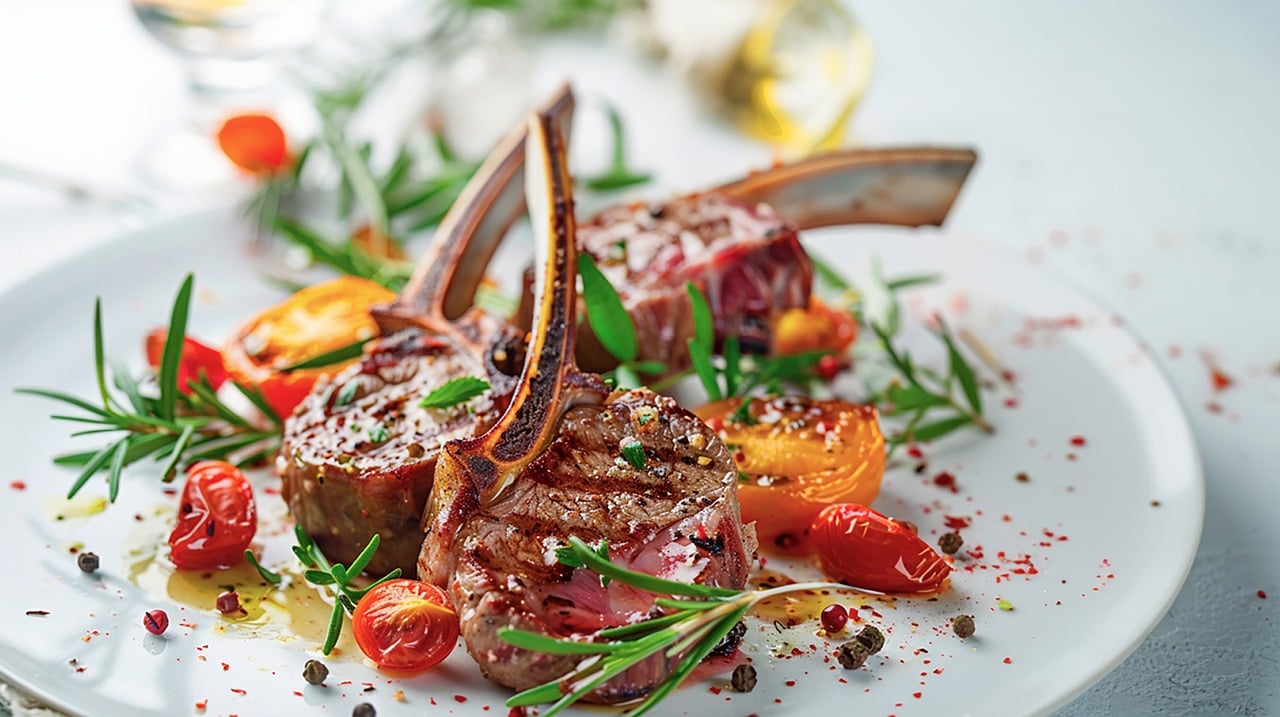

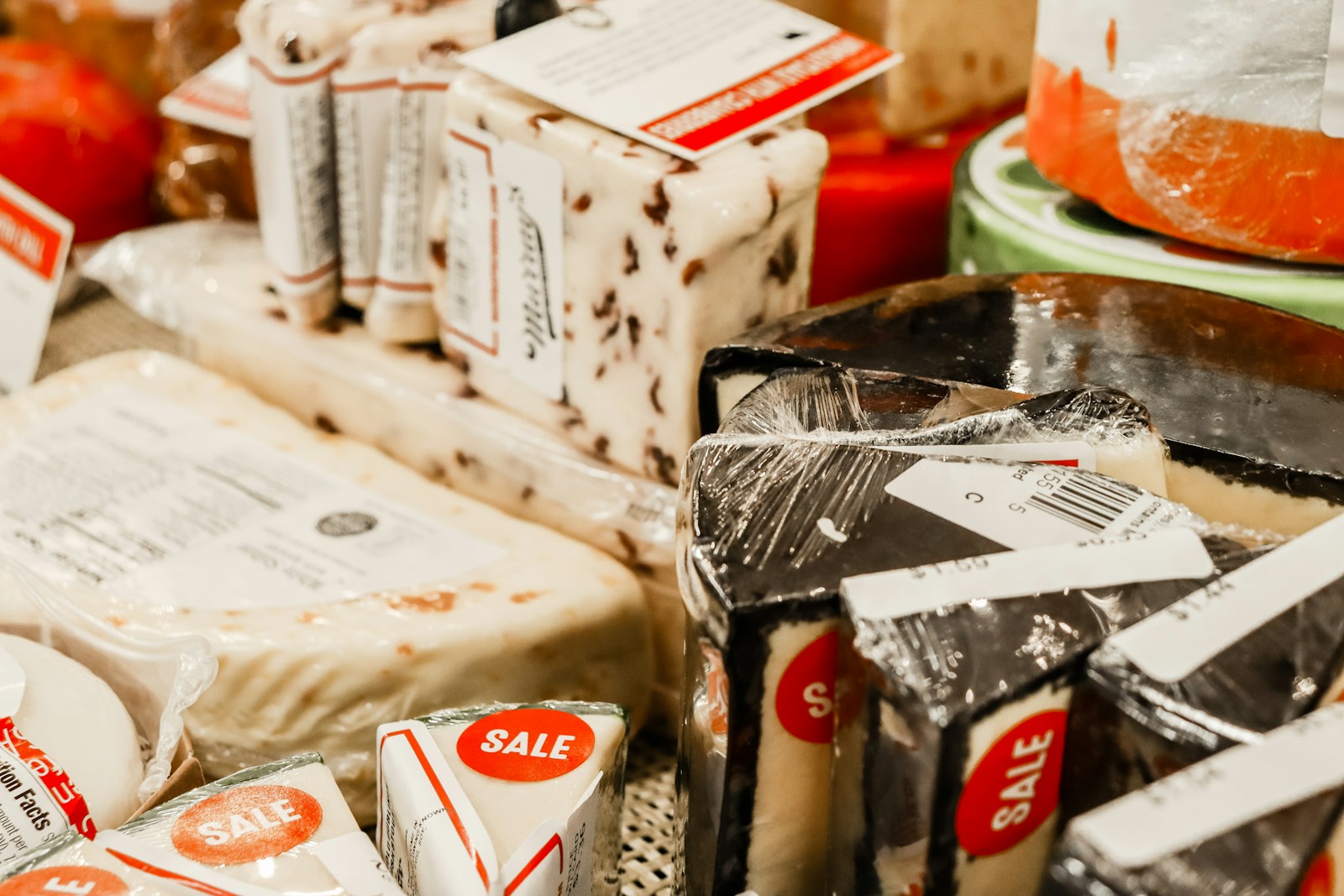

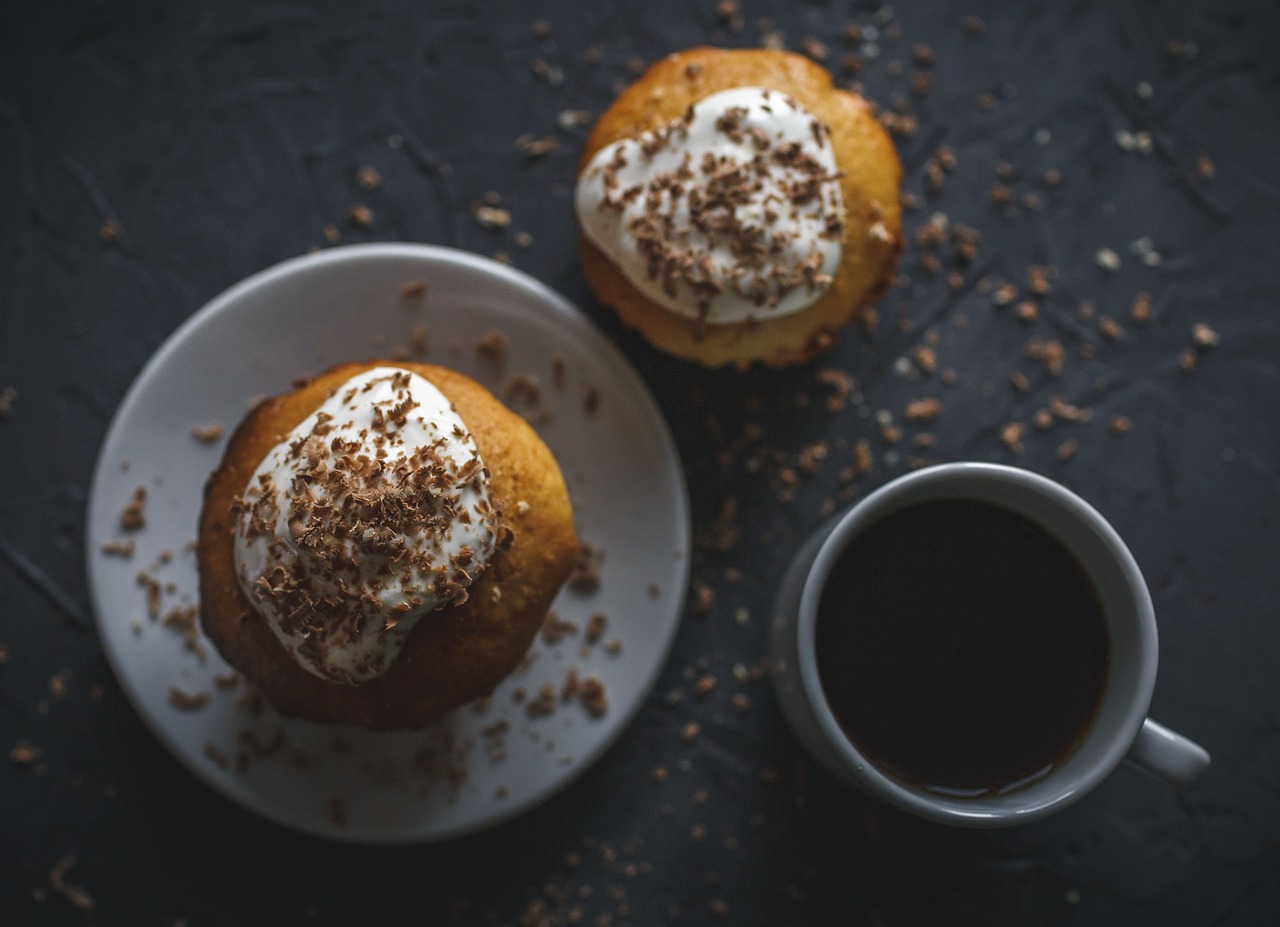
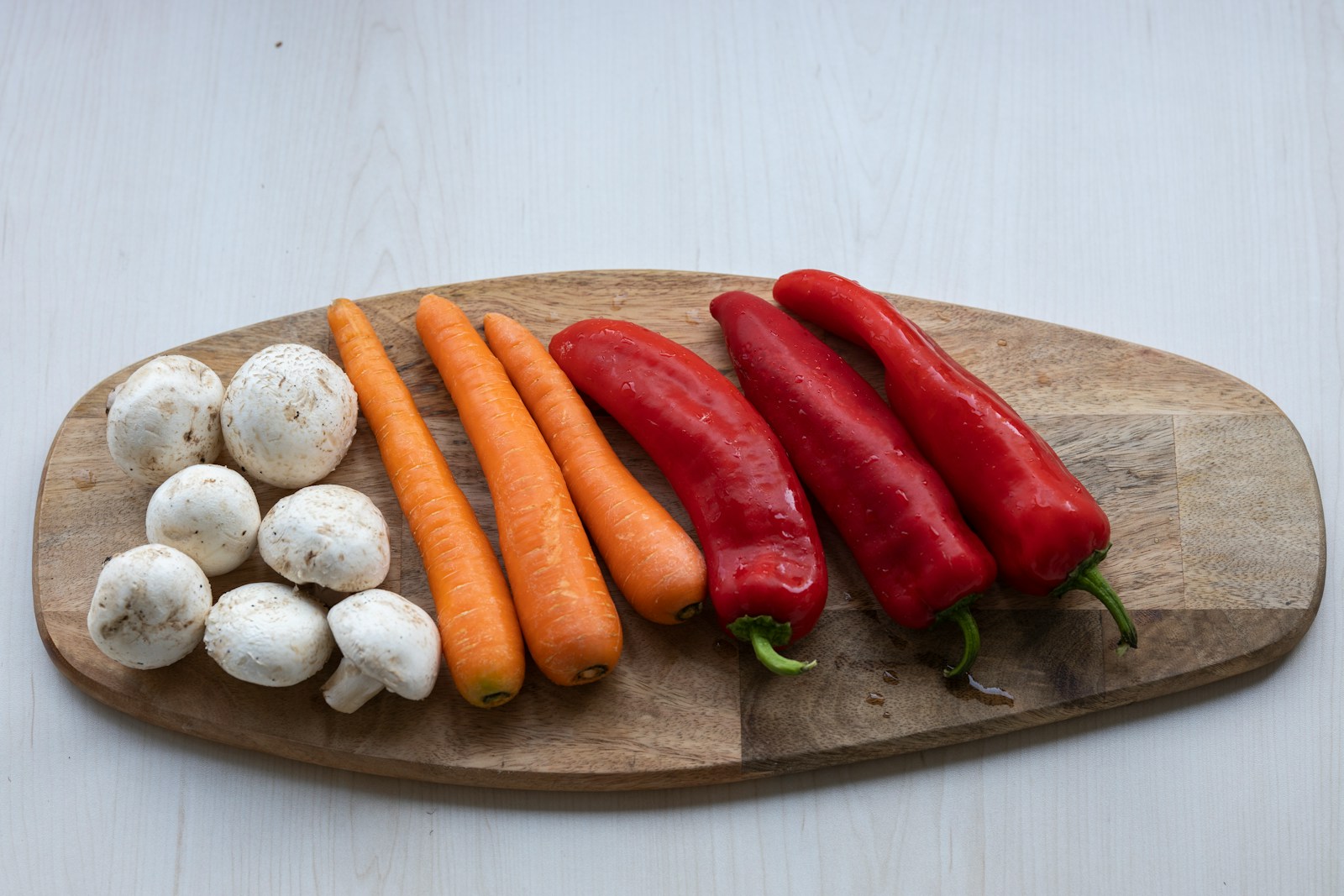
Leave a Reply